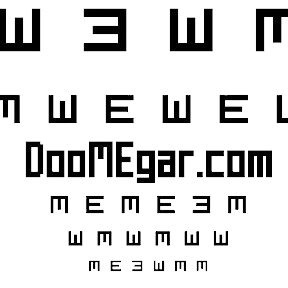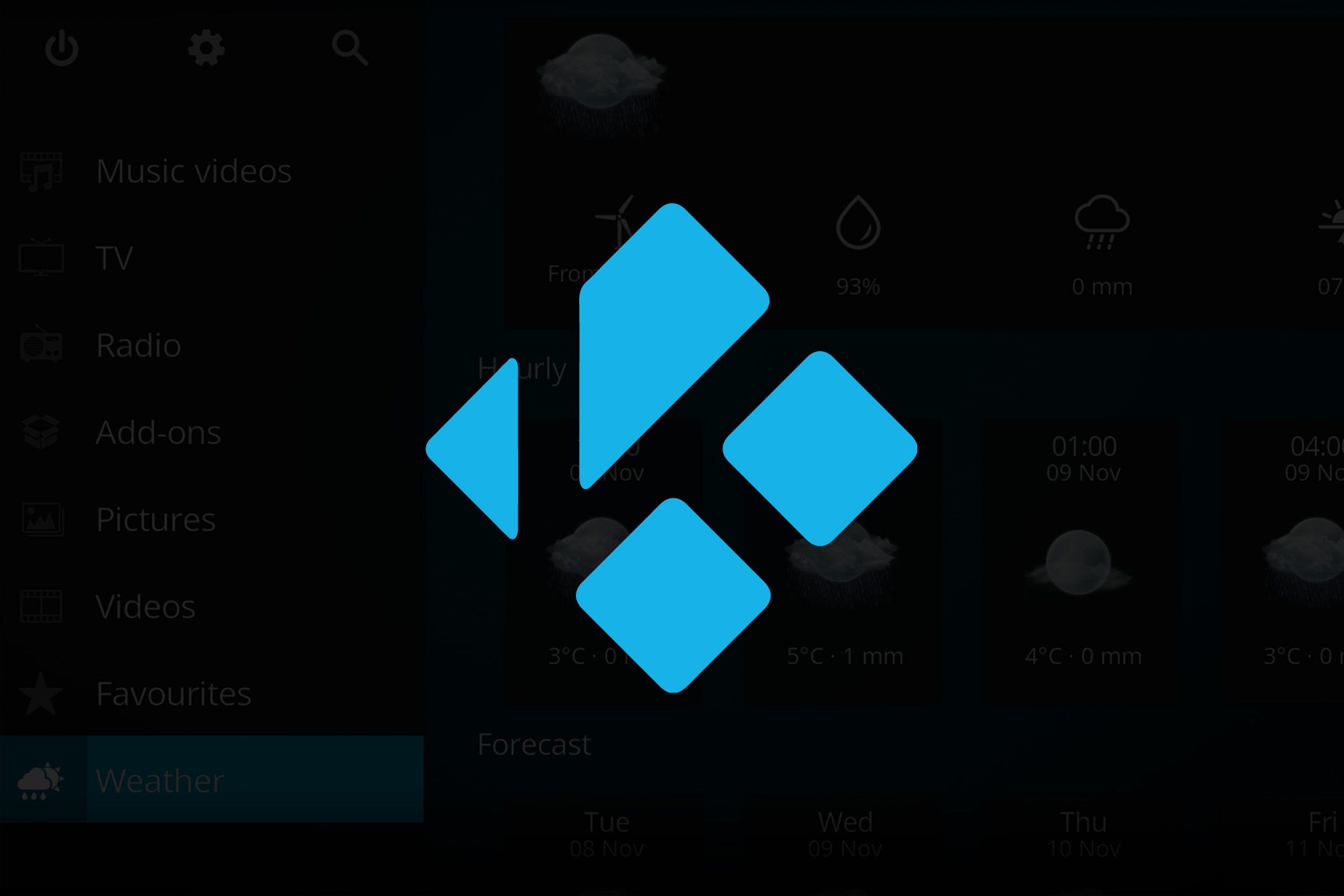The transition will be rocky, but it comes with some benefits.
Slowly but surely, the Linux ecosystem is switching to packaged software bundles, like Snap and Flatpak. The Kodi media center project has announced it will no longer distribute installations or updates through the Team Kodi PPA, instead using Flatpak as its primary software repository on Linux.
Personal Package Archives, or PPAs, are software repositories intended for Ubuntu and derivative distros. While Kodi is freely available in the official repositories for Ubuntu-based distros, the PPA provided more frequent updates and a Kodi experience that aligned with the developers’ intentions. Flatpak is an acceptable replacement for PPA, and it should provide greater access to Kodi installations on non-Ubuntu distros. However, it will take time to get Flatpak up to speed with the old PPA system. Nightlies and other pre-release builds won’t be provided through Flatpak at this time.
The Kodi team said in a blog post, “The Linux world is shifting slowly to packaged deployments and containers, and so, going forward, the team is looking to utilise Flatpak to hopefully give Linux users a similar, but more maintainable, ‘pure’ Kodi application. We believe this will also allow us to provide greater access from more distributions than the PPA was ever able to.”
If you’ve never used Flatpak, open the Flatpak setup webpage and select your distro. You’ll be guided through a quick installation process, which should only take a minute or two. Linux systems with Ubuntu, Debian, or another similar distribution can usually just run “sudo apt install flatpak” to get started. After setting up Flatpak, open the Kodi listing on Flathub and click the install button, or run the command “flatpak install kodi” in the Terminal. You can also read through the Flatpak documentation for other basic commands, though it’s all pretty intuitive.
Kodi is working to update its documentation and inform users of the discontinued PPA repository. Kodi will still be included in the default software repositories for many Linux distributions, including Ubuntu and Arch Linux, but those versions might be slower to recieve new updates than the Flatpak versions. Note that you can also run Kodi Flatpak betas, though you need to install Flatpak beta remote first.
Source: Kodi


دیدگاهتان را بنویسید